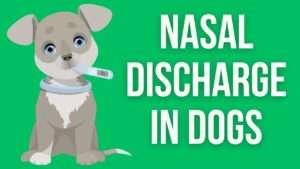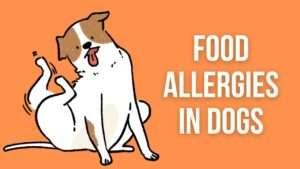Beets, with their rich color and earthy flavor, are a popular root vegetable enjoyed by many humans. As pet owners, we often wonder whether such nutritious foods are safe for our canine companions. In this comprehensive guide, we’ll delve into the topic of whether dogs can eat beets, examining the potential benefits and considerations associated with their consumption.
Contents Overview
Understanding Beets
Beets, also known as beetroot, are root vegetables that belong to the Chenopodiaceae family. They are prized for their vibrant color, sweet taste, and versatility in culinary applications. Beets come in various forms, including raw, cooked, pickled, or juiced, and offer a range of health benefits for humans.
Nutritional Value of Beets
Before determining whether dogs can safely consume beets, it’s essential to understand their nutritional composition. Beets are packed with essential nutrients, vitamins, and minerals, making them a nutritious addition to any diet. Here’s a brief overview of the nutrients found in beets:
- Fiber: Beets are rich in dietary fiber, which promotes digestive health and helps regulate bowel movements.
- Vitamins: They contain vitamins such as vitamin C, vitamin B6, folate, and vitamin K, all of which play vital roles in supporting overall health.
- Minerals: Beets are a good source of minerals like potassium, manganese, and iron, essential for proper bodily functions.
- Antioxidants: Beets boast potent antioxidants such as betalains and anthocyanins, which help combat oxidative stress and inflammation in the body.
Can Dogs Safely Consume Beets?
While beets are generally safe for dogs to eat, there are a few considerations to keep in mind:
- Moderation is Key: Beets should be fed to dogs in moderation. While they offer numerous health benefits, excessive consumption can lead to digestive upset, particularly in dogs with sensitive stomachs.
- Preparation Methods: When feeding beets to your dog, it’s essential to prepare them properly. Raw beets can be challenging for dogs to digest and may pose a choking hazard. It’s best to cook or steam beets before offering them to your furry friend.
- Watch for Discoloration: Beets contain natural pigments that can turn urine and feces red or pink after consumption. While harmless, this discoloration may cause concern for pet owners. If you notice changes in your dog’s stool or urine color after feeding them beets, there’s likely no cause for alarm.
- Avoid Seasonings: When serving beets to your dog, avoid adding any seasonings or sauces that may contain ingredients harmful to dogs, such as onion or garlic.
Health Benefits of Beets for Dogs
Incorporating beets into your dog’s diet can offer several health benefits, including:
- Improved Digestive Health: The fiber content in beets promotes healthy digestion and can help alleviate constipation in dogs.
- Heart Health: Beets contain nitrates, which may help lower blood pressure and improve cardiovascular health in dogs.
- Anti-inflammatory Properties: The antioxidants found in beets help reduce inflammation in the body, supporting overall wellness in dogs.
Bottom Line
In conclusion, beets can be a nutritious and safe addition to your dog’s diet when fed in moderation and prepared properly. Packed with essential nutrients, vitamins, and antioxidants, beets offer numerous health benefits for our canine companions. However, it’s essential to introduce beets gradually and monitor your dog’s response, especially if they have dietary sensitivities or underlying health conditions.




































+ There are no comments
Add yours